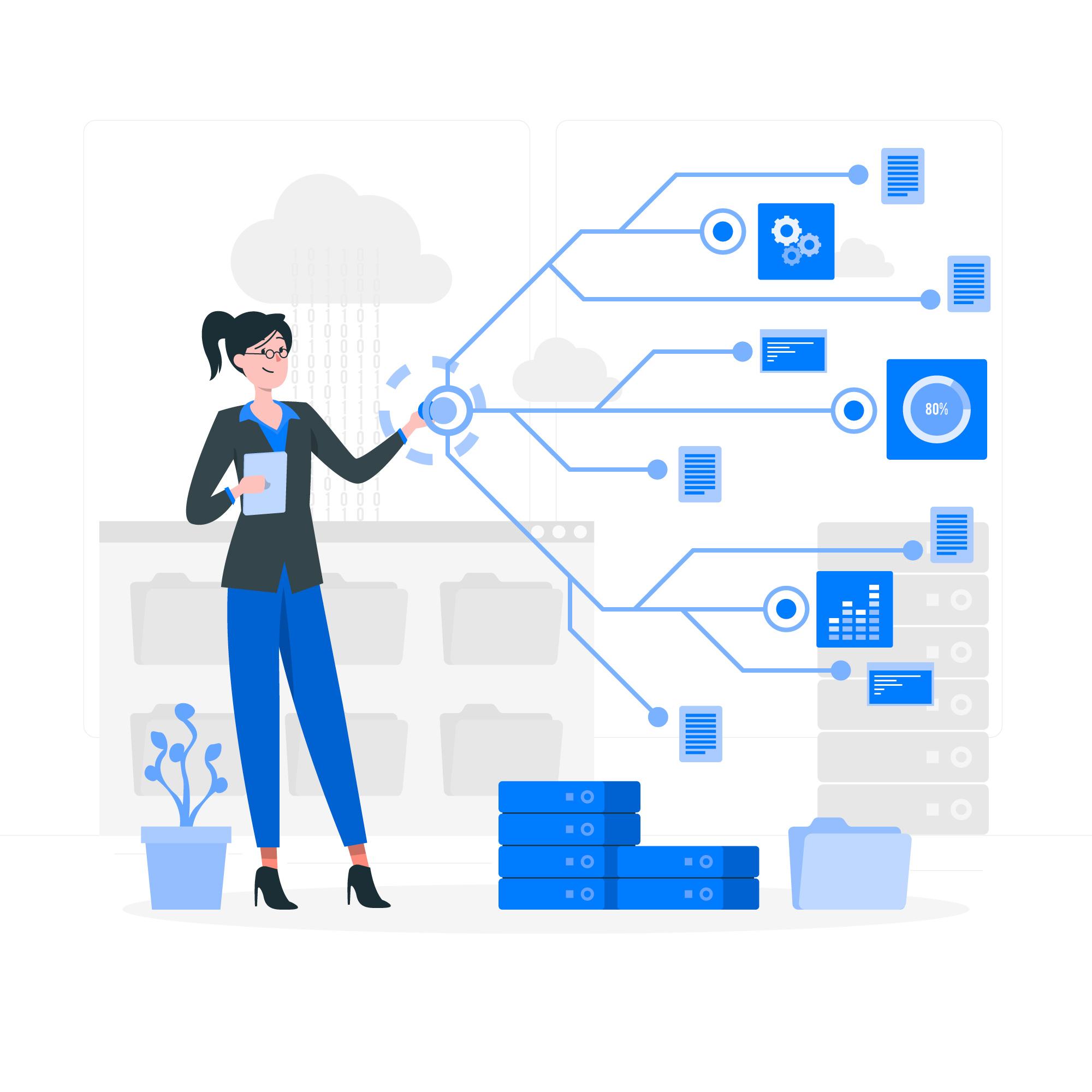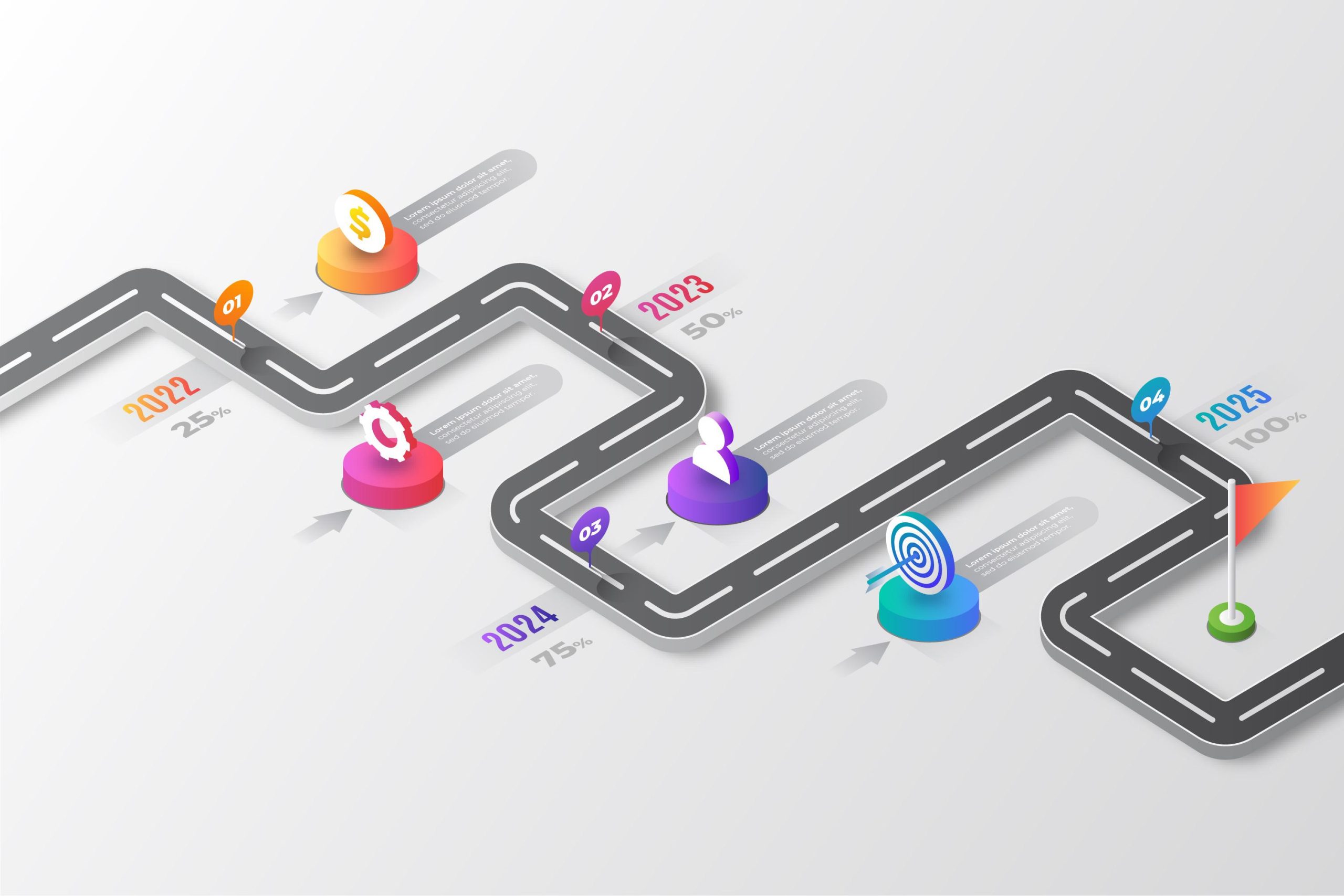Developing expertise in cloud computing requires a systematic approach to learning and gaining hands-on experience.
Personal development is a continuous process, and the cloud computing landscape evolves. Regularly update your skills, explore emerging technologies, and adapt your roadmap based on your career goals and industry trends.
Here’s a roadmap with steps for personal development in cloud computing:

- Understanding Basics:
- Objective: Familiarize yourself with the fundamental concepts of cloud computing.
- Steps:
- Read introductory materials on cloud computing.
- Understand the essential characteristics, service models (IaaS, PaaS, SaaS, FaaS), and deployment models (public, private, hybrid).
- Choose a Cloud Platform:
- Objective: Select a cloud platform to focus on for hands-on experience.
- Steps:
- Explore major cloud providers such as AWS, Azure, or Google Cloud.
- Choose one platform based on your interests, industry trends, or job market demands.
- Learn Fundamentals of a Cloud Platform:
- Objective: Gain proficiency in the core services and features of your chosen cloud platform.
- Steps:
- Take introductory courses or tutorials provided by the cloud provider.
- Explore services like compute, storage, networking, and databases.
- Hands-On Labs and Projects:
- Objective: Apply theoretical knowledge through practical exercises and projects.
- Steps:
- Engage in hands-on labs provided by the cloud provider.
- Build small projects to reinforce your understanding of cloud services.
- Certifications:
- Objective: Obtain relevant certifications to validate your cloud skills.
- Steps:
- Choose certifications based on your career goals (e.g., AWS Certified Solutions Architect, Azure Fundamentals).
- Prepare for exams through self-study, online courses, or training programs.
- Networking and Community Engagement:
- Objective: Connect with the cloud computing community for learning and collaboration.
- Steps:
- Join forums, online communities, and social media groups related to cloud computing.
- Attend conferences, webinars, and local meetups if possible.
- Advanced Topics and Specializations:
- Objective: Dive deeper into specific areas of cloud computing.
- Steps:
- Explore advanced services such as machine learning, serverless computing, and container orchestration.
- Consider specialization tracks based on your interests (e.g., security, DevOps).
- Build a Cloud Infrastructure:
- Objective: Create and manage a comprehensive cloud-based infrastructure.
- Steps:
- Design and deploy a sample application on the cloud.
- Explore infrastructure as code (IaC) tools like Terraform or AWS CloudFormation.
- Optimization and Cost Management:
- Objective: Learn how to optimize resources and manage costs effectively.
- Steps:
- Understand best practices for resource optimization.
- Explore cloud cost management tools and techniques.
- Continuous Learning:
- Objective: Stay updated on cloud trends, new services, and best practices.
- Steps:
- Follow blogs, podcasts, and newsletters related to cloud computing.
- Regularly check for updates and new features from your chosen cloud provider.






